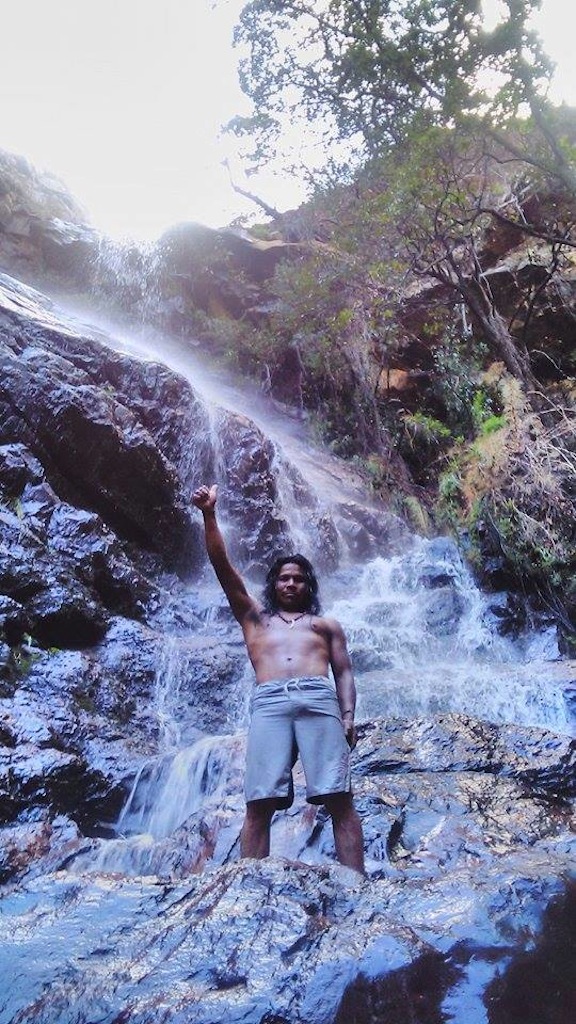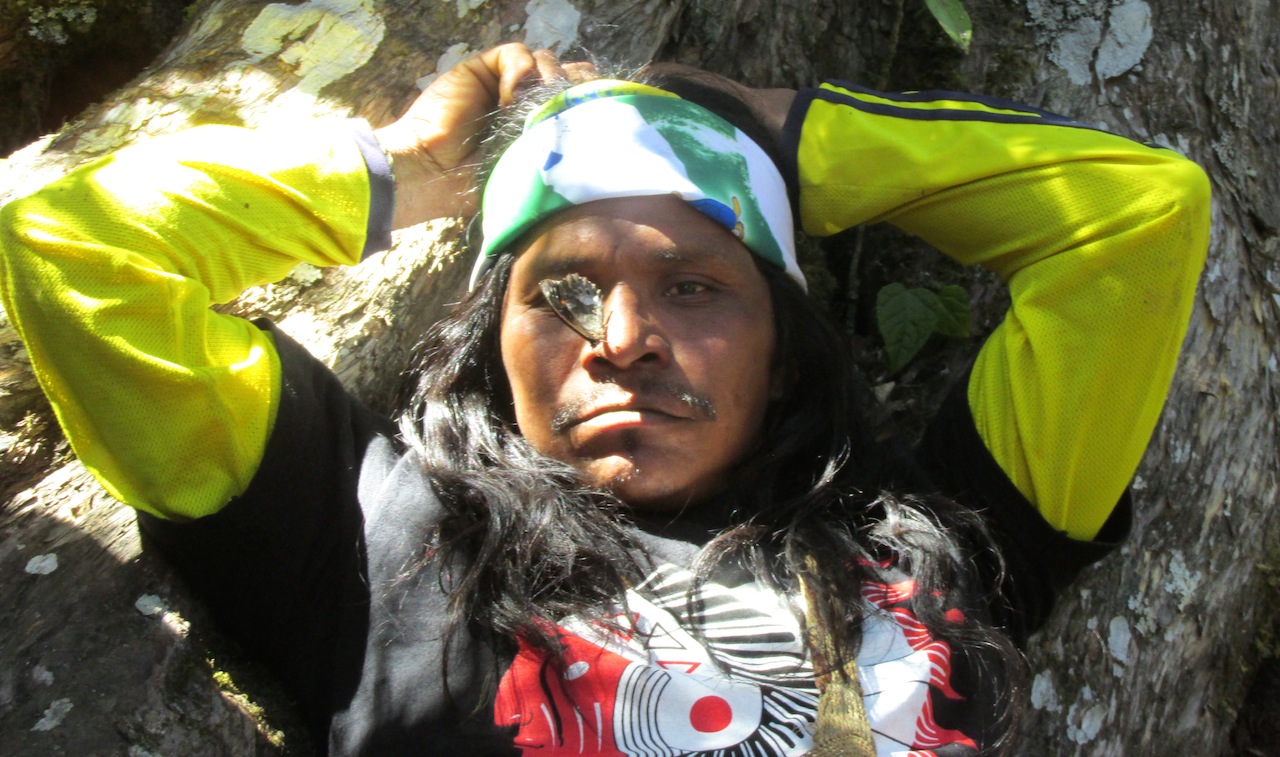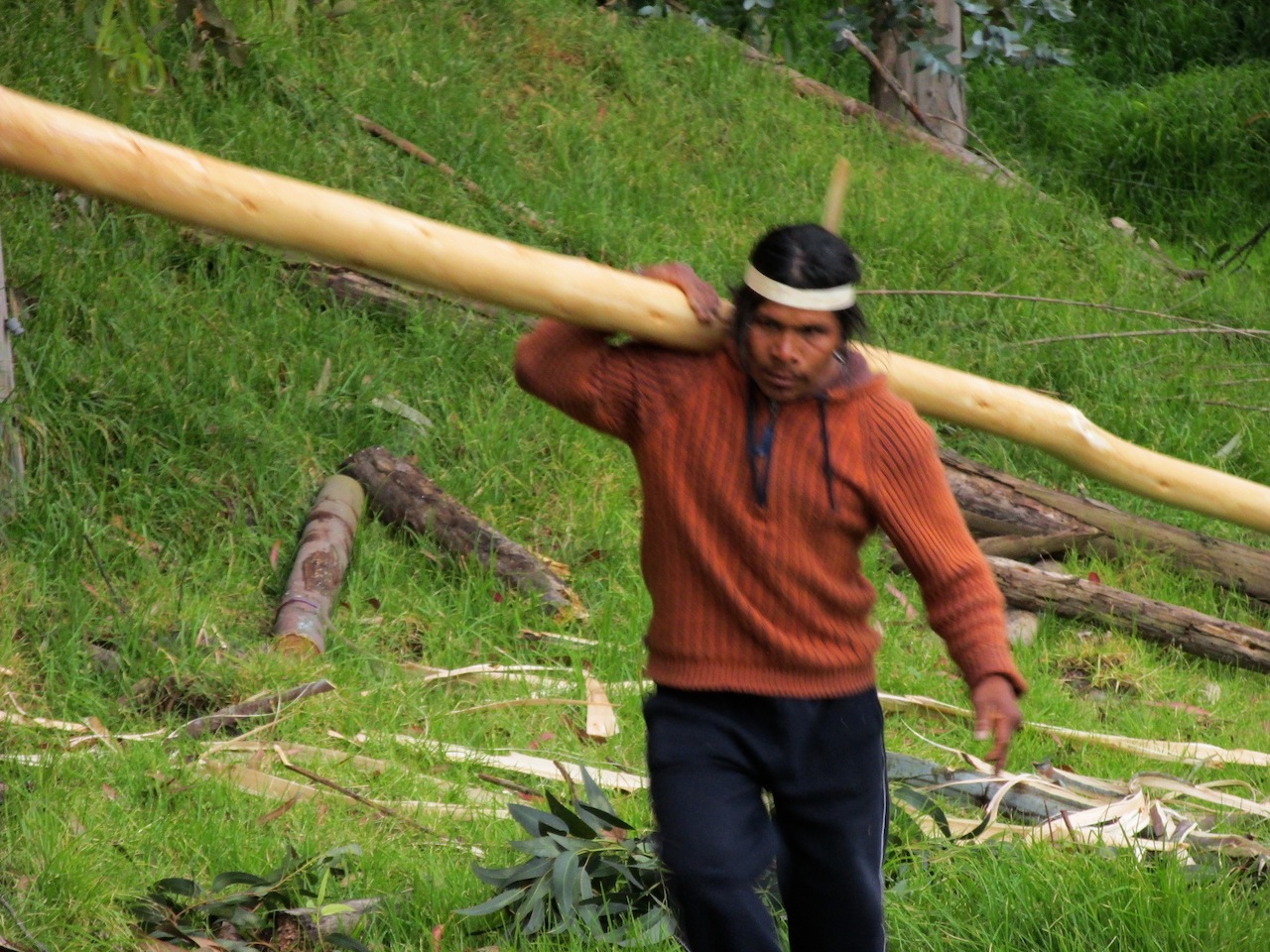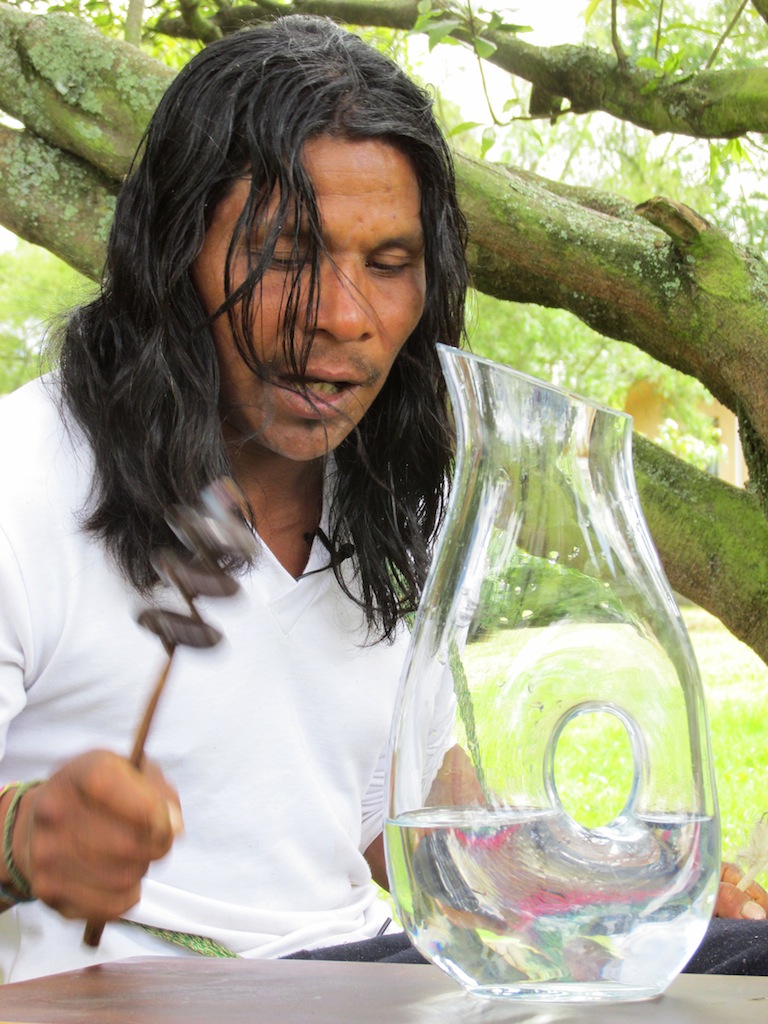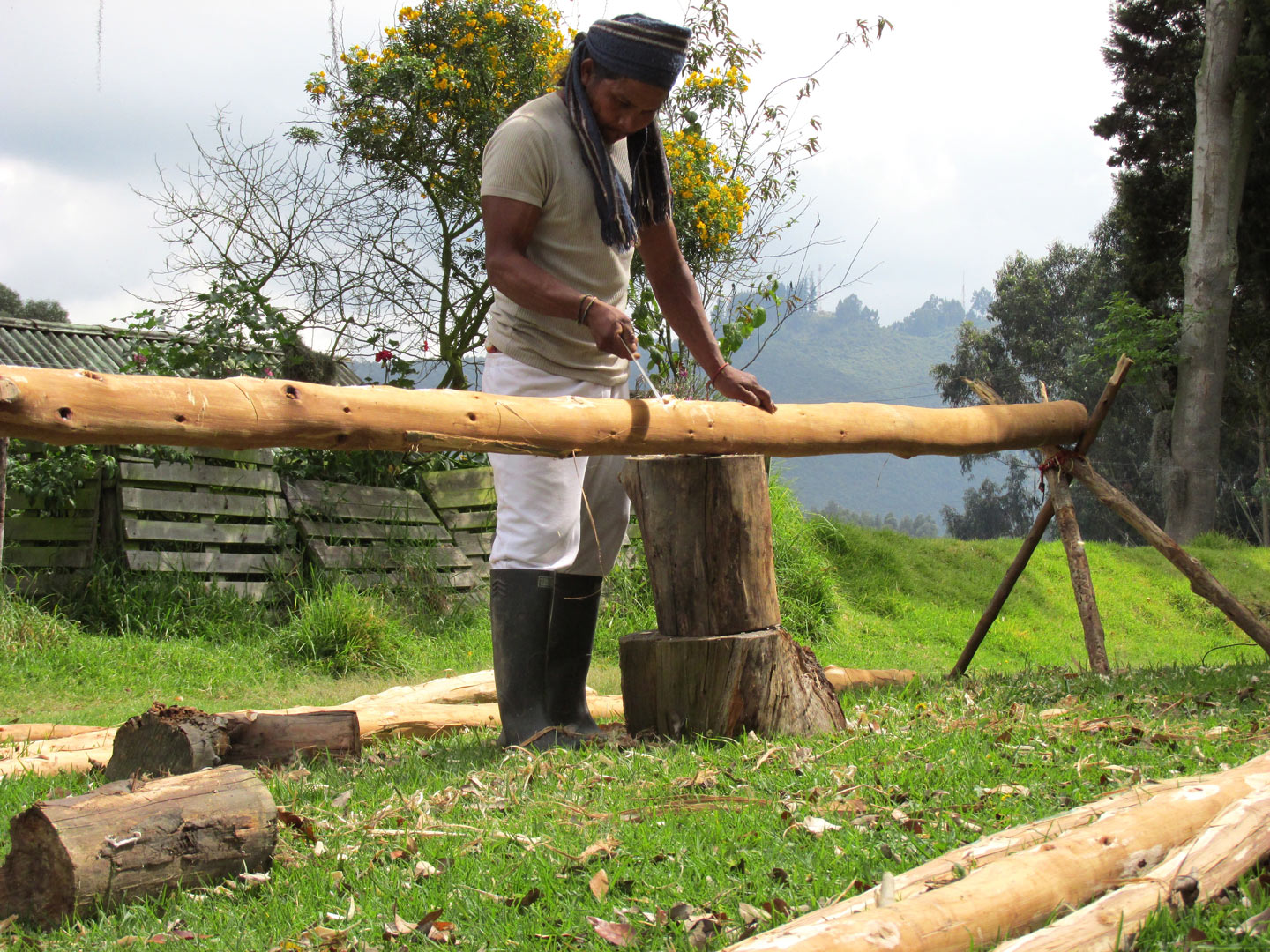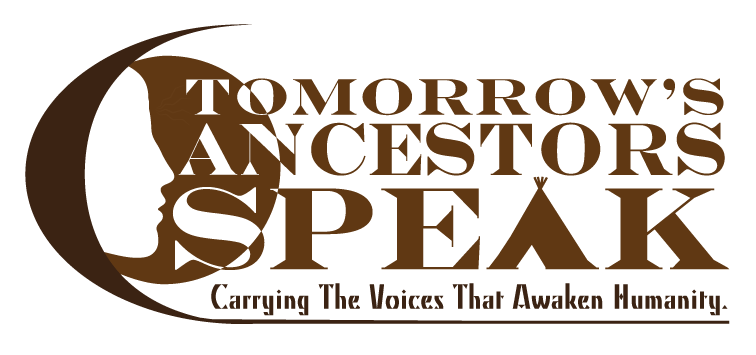Okaina Witoto
Samuel Torres Fariratope Speaks
* As with all other articles on the Tomorrow’s Ancestors Speak video pages, this article is meant only as an accompaniment to the video message containing the speakers’ main ideas.
Hard working, considerate, and dedicated, frequently sharing smile-inducing jokes, is Colombian Native, Samuel Torres Fariratope. Samuel, who often goes by, “Samo,” has received the name, “Super Samo” from those who have personally witnessed his great strength, endurance, and personality. This being who so carefully uses all his time to be a productive and positive community member comes from the Okaina Witoto people in Colombia’s exquisite Amazon rainforest – amidst the Caquetá and Putumayo rivers.
Samo was born in a Nomira Nebeki Emuri community whose name signifies, “garden of the sweet sciences.” This community is within the Muyna Muruy reservation situated in Leticia Amazonas – Colombia’s southernmost town that has now become a major shipping port along the Amazon River. Samo is one of the only 8,500 Witoto individuals surviving today. Spanish colonizers decimated their populations that historically numbered around 50,000 over the course of many centuries. A rubber boom in the second half of the twentieth century continued to bring disease, forced labor, and malice to the Witoto people. Today, deforestation, soil exhaustion, and pollution of rivers and streams from cattle ranching and commercial agriculture continue to erode their culture. Over time, as survivors fled/flee to other regions, many have lost/are loosing their cultural identities and knowledge – a reality reflected in the small number of Witoto People still carrying the ‘Witoto Proper’ language: a few 4,500 to 5,300 individuals.
The Witoto are a colorful culture in service to Mother Earth and the natural world from which we receive life and nourishment. This is seen through many facets of their society, with one being the social design whose remnants demonstrate a once complex and hierarchical structure. Each group within the hierarchy has an association with a particular color, plant, or animal, and must accordingly use their lives to take care of their totem. Through this organization, the society makes certain that all aspects of the environment are observed and protected.
The Witoto culture also demonstrates this respect through their subsistence practices that move a diverse amount of crops every few years, replanting only two times before letting the land fallow for 10-20 years. While their staple food crops are the over 20 varieties of bitter and sweet manioc (yucca), the Witoto people also incorporate pineapples and fruit trees like plantains, bananas, papayas, cacao, and peach palms into their design. Amongst these they cultivate a wide variety of additional annual crops like yams, sweet potatoes, cacao, sugarcane, maize, and tobacco. Through this use of polyculture and the practice of each family having six or more fields of various ages and compositions at a given time, a supply of diverse food crops is ensured – and the lands remain healthy for future generations.
Even the economic activities of the Witoto are closely related to ceremonial events and rituals that manage the relationships that humans have with their environment and each other. Additionally, Shamans with a deep understanding and connection to the plant and animal world, instruct the community on how to collect and consume them in the proper way. These connective rituals and customs are what Samo feels are the biggest riches that their community has – and to conserve them is one of his great missions.
Another mission of Samo’s, derived from the Witoto philosophy, is to maintain oneself strong and firm – believing in oneself, believing in a powerful being, and sustaining all of the culture that one’s ancestors have left to them. As we sat our final day with Samo, situated amidst a traditional Maloka dwelling as it bathed in the mountain mist, we ate hand-patted and toasted yucca breads with a spicy crushed ant spread, and could feel the power of this belief. We could feel it as the Putumayo women came together and sang and danced so lively, with such dedication throughout the whole night. We could feel it as the Putumayo men beat their dancing sticks against the Maloka floor with precision and grace. To know that there is great purpose behind all of this creation – including ourselves; and to stand behind those activities that ensure lasting cultural diversity and ecological health, starving all those that don’t from our attention and energy, we can create that lasting peace we are all seeking so much. We can create that world where the Super Samo’s amongst us can live once again at peace, in harmony with their surroundings.
